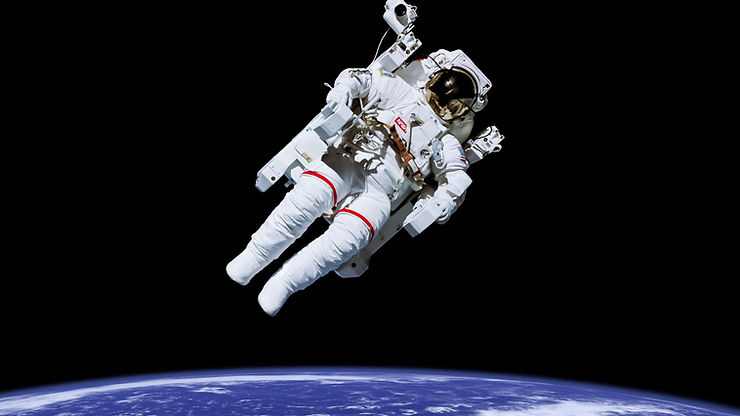By: Katelyn Wei
While in space, the human brain’s fluid-filled compartments enlarge. They do it as a means of adjusting to lower gravity. Nevertheless, these structures don’t immediately contract following a space journey. Three years may pass before everything gets back to normal. Researchers published in Scientific Reports on June 8.
This implies that astronauts might require at least that much time to pass between trips before their brains are prepared to return to space.
Stated by Rachael Seidler, who studies how the human body adapts to space, fluids build up in an astronaut’s head because of the little gravity in space. This sometimes causes their face to puff up when space travelers first arrive at the International Space Station.
Four ventricle-shaped compartments in the brain also accumulate extra fluid. Ventricles are frequently enlarged when astronauts return to Earth. Liquid that cushions the brain and flushes out cellular waste is contained within these chambers. According to Seidler, ventricles enlarge as they absorb more fluid in space.
She and her colleagues want to figure out how spending time in space affects the brain.
They looked at MRI scans of brains from 30 astronauts. One does it before every mission were compared to the scans after returning to earth. The longer the mission, the more the ventricles expand.
Two weeks of flying did nothing to the brain. However, 6–12-month missions caused astronauts to have larger ventricles.
18 of the astronauts had already flown into space. The amount of change in their brains during the new mission that the researchers were analyzing appeared to depend on how long had passed since their last mission. Three of their ventricles became larger in those whose last trip to space was three or more years ago, on average by about 10 to 25 percent. Less than three years earlier, other astronauts had already visited space. Their ventricles barely, if at all, swelled. According to the scientists, this indicates that their brains might not have had the time to fully heal between missions.
“I am glad that the authors took the first step and are looking at this question,” states Donna Roberts, who is a brain-imaging specialist. There are so many variables that could play into the brain changes that we’re seeing,” said Roberts.
The effects in spaceflight are more pressing now. NASA’s goal is to send people to Mars, which is estimated to be a two-year trip. “Everybody talks about the rocket technology to get to Mars,” Roberts says. But “the humans that’s the real challenge.”











